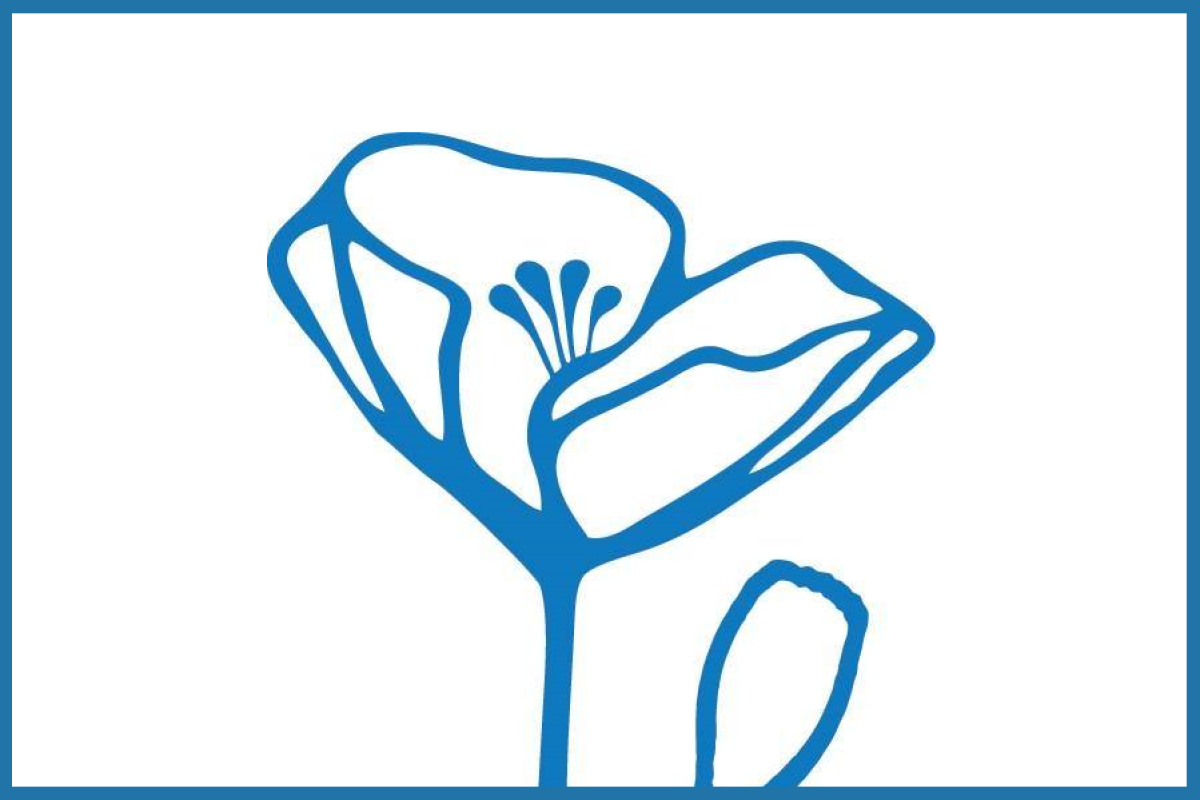QV Career Talks - Tall Poppy Scientists

Students engage with Tall Poppy Award recipients as they share their research in their specific STEM field.
Onsite
Students rotate through several workshops and participate in a Q&A Session with the Tall Poppies during the day.
Virtual
Students engage in a 1 hour Virtual Workshop showcasing Tall Poppies from different fields highlighting their research and their career journey to this point.
These workshops illustrate the importance, relevance and opportunities that science pathways provide for students who are interested in pursuing careers in science.
Access to both the live version and the recordings are free for all schools.
Upcoming dates for 2025
Sorry, but there are no upcoming dates this year for QV Career Talks - Tall Poppy Scientists.
Students will be engaging with the following Tall Poppies during this workshop:
Dr Adam Culvenor - La Trobe University
Research field: Knee (ACL) PhysiotherapyDr Michalis Hadjikakou - Deakin University
Research field: Environmentally Sustainable Food SystemsA/Prof Kate Nguyen - RMIT University
Research field: Fire Safety Engineering
This date has been cancelled.
Atul Malhotra (cell therapy for infants)
Monash University - Associate Professor
A/Prof Atul Malhotra’s team is developing and translating new cell therapies for sick or premature newborn babies, so that they not only survive but also thrive. Cell therapies, which also include some types of stem cells, are derived from biological tissues and have the capacity to protect, repair and in some cases regenerate vital organ structure or function.
Atul is also aware of the huge gap in resources which exist in low-income settings, so together with his cutting-edge research in cell therapies, he also leads a global health education program, ONE-Sim Education (onesimeducation.com).
Aparna Lal (ecology, public health and sewerage)
Australian National University - Associate Professor
Dr. Aparna Lal, a prominent figure in addressing climate and environmental challenges, brings together diverse expertise in wildlife science, ecology, public health, and environmental law. Through her leadership, she integrates environmental and climate change issues into public health education, emphasizing equity and inclusivity.
Carolien Van De Sandt (immunology)
University of Melbourne - Research Fellow
Dr Carolien van de Sandt’s research aims to understand why our immune system loses its ability to respond to viruses as we get older. She compares killer-T-cells of children and elderly people to understand why they respond differently and use this knowledge to improve vaccines and treatment strategies.
Rachel Laws (child nutrition)
Deakin University - Associate Professor
The first 2000 days of life, from conception to age 5, is a key developmental period when eating behaviours are established informing developmental, educational and health outcomes across the life course. Common conditions like obesity, and later in life heart disease, diabetes and some cancers are all related to what we eat as children. Diet quality in early childhood is culturally and socioeconomically patterned, with disparities apparent early in life.
A/Prof Laws’ research spans understanding the determinants of optimal child nutrition to inform the co-design of programs with families. One of the programs she leads is INFANT, designed to support parents with feeding, nutrition and active play for their child from pregnancy to 18 months of age.
Victoria Brown (obesity and economics)
Deakin University - Senior Research Fellow
Overweight and obesity affect 25% of Australian children and 67% of Australian adults. The economic burden is immense, with obesity costing the Australian community $11.8 billion in 2018. Given scarce resources and competing health demands, evidence of which interventions represent the best value for money is critical to inform efficient resource allocation and decision-making.
Dr Vicki Brown is building the economic evidence for obesity prevention interventions. Her research provides rigorous evidence on the cost-effectiveness of different intervention options, to inform efficient resource allocation decisions.
Yugeesh Lankadeva (sepsis)
University of Melbourne - Professor
Yugeesh Lankadeva is working to reduce multi-organ dysfunction arising from sepsis, a condition that kills nearly 11 million people globally each year. Characterised by a dysregulated immune response to infection, sepsis is the leading cause of death in intensive care units in Australia and worldwide.
Yugeesh aims to use a new pH-balanced formulation of sodium ascorbate (the sodium salt of vitamin C) to reverse injury sepsis causes to vital organs. He hopes his work will provide the mechanistic evidence-base to design large clinical trials that will transform sepsis management and improve health outcomes for critically ill patients in intensive care units.
Outside his research, Yugeesh is a devoted science communicator who promotes medical discoveries in mainstream and social media. As an immigrant from Sri Lanka, he is passionate about empowering students from culturally and linguistically diverse backgrounds to pursue medical or research careers in Australia.
Students will be engaging with the following Tall Poppies during this workshop:
A/Professor Vasileios Stavropoulos - RMIT University,
Research Field: Digital Phenotyping & GamingA/Professor Enrico Della Gaspera - RMIT University,
Research Field: Nanomaterials and nanotechnologyProfessor Tu’uhevaha Kaitu'u-Lino - University of Melbourne,
Research Field: Medical Research, Women’s HealthA/Professor Michelle Jongenelis - University of Melbourne,
Research Field: Health PromotionA/Professor Daniel Edgington-Mitchell - Monash University,
Research Field: Aerospace Engineering
Dr Cassandra Wright - Public health, young persons' health
Dr Soniya Yambem - Bioelectronics
Dr Vasileios Stavropoulos - Digital phenotyping, gaming
Dr Bernie Bissett - Intensive care rehabilitation & COVID-19
Dr Deborah Bower - Freshwater ecology, turtles
Dr Vishnu Prahalad - Geography, enviro science, conservation
Dr Jiawen Li - Biomedical & optical engineering
Dr Michelle Jongenelis - Health promotion
Dr Helen Green - Archaeological science, geochronology, rock art research, geochemistry
Dr Cassandra Wright - Public health, young persons' health
Dr Eleanor Sansom - Space
Dr Daniel Edgington-Mitchell - TBC